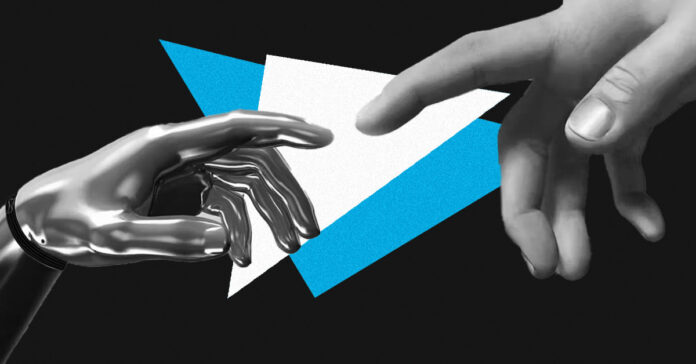Modernity, in other words, can always take care of itself on its own terms, and it is in no need of an old sage who can instruct. It can take care of itself on its own terms, yet, with all its impressive and unprecedented canvass of knowledge and technical sophistication, the destruction of the natural order continues unabated and beyond its control. “We always know better,” even better than what we ourselves knew just a while ago. The idea of progress rests not on eternal truths but on technical science, whose ultimate reference of truth is itself. We always know better, because science and technicalism have laid the foundations of truth and dictated its rules. Whatever they say, at any point in time, is the truth. A scientific cure for a disease becomes the truth until it is found to cause as much harm as the benefits it was supposed to provide and until another cure—also the result of progress—is invented. The doctrine of progress never asks why the disease exists in the first place, nor does it ask profound existential and moral questions about the system that produces such ills, about its structures and modes of operation. For once the system in its entirety is questioned, the very science that produces the cures will be, perforce, questioned and ultimately undermined. The doctrine therefore lives in the moment, an uncertain moment whose truth is as ephemeral as the alacrity with which the next truth is introduced. It cannot seek guidance from the past because the past, despite its “comparative simplicity,” imposes on it the duty to ask the larger questions that it is not equipped to handle.
Nor can it guarantee its own truth against the future, which always has the ultimate power of repeal.
The doctrine of progress has therefore neither foundation nor reference, except, respectively, in and to itself. It is its own source of authority, and in this way, it is a god.
[The Impossible State: Islam, Politics, and Modernity’s Moral Predicament by Wael Hallaq, p. 15-16]









